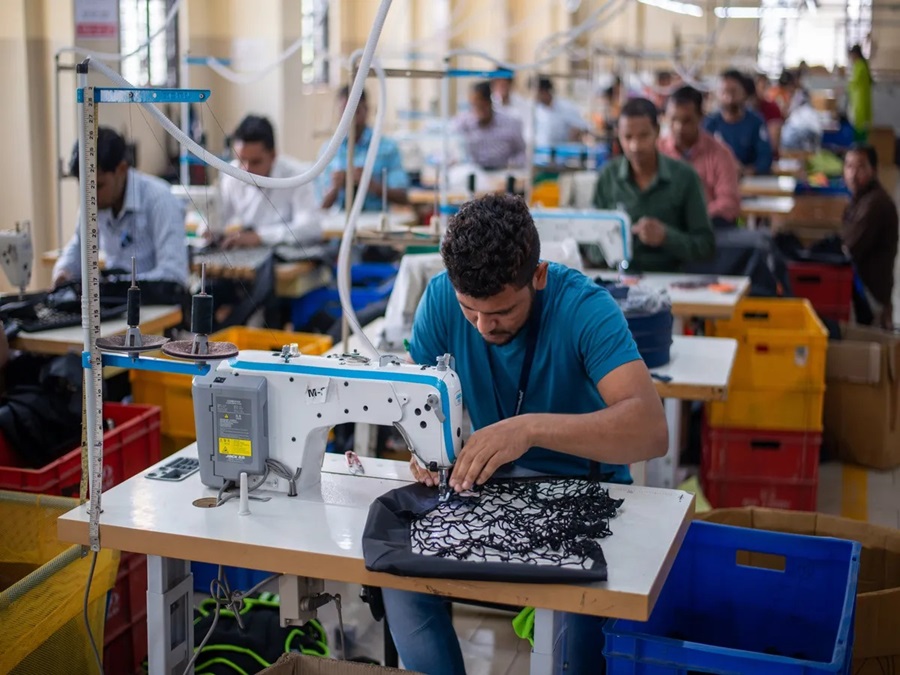Recognizing our close ties and deep empathy, the Secretary General of the Apparel Export Promotion Council has expressed concern over the violent protests currently unfolding in Bangladesh.

Indian exporters indicated on Tuesday that the ongoing political turmoil in Bangladesh might lead to a temporary shift of garment orders to India. They emphasized, however, that India has no intention of capitalizing on this challenging situation in its neighboring country.
The political crisis in Bangladesh intensified on Monday when former Prime Minister Sheikh Hasina resigned and fled the country following widespread public outrage over her government’s controversial quota system. The system reserved 30 percent of jobs for families of veterans from the 1971 liberation war, which sparked protests that have resulted in over 400 deaths.
Mithileshwar Thakur, Secretary General of the Apparel Export Promotion Council (AEPC), expressed deep concern about the situation. “We hope for a swift stabilization and the resumption of normal business operations. As a friendly neighbor, we empathize with the unfortunate violence and unrest unfolding in Bangladesh,” Thakur stated.
He also noted that India is focused on developing its garment export industry independently and does not wish to exploit the current disruption in Bangladesh. “While the Indian garment industry is striving to grow its exports on its own merit, there is a likelihood that short-term garment orders may shift to India to address the disruption caused by the crisis,” Thakur added.
Ludhiana-based exporter S.C. Ralhan highlighted that the political unrest in Bangladesh could affect the timeliness of payments. He emphasized that the normalization of the situation would facilitate smoother goods movement. Ralhan also pointed out that Indian firms operating in Bangladesh might face challenges related to payment delays due to the ongoing crisis.
Bangladesh remains a significant player in the global garment industry and relies on India for cotton imports.












